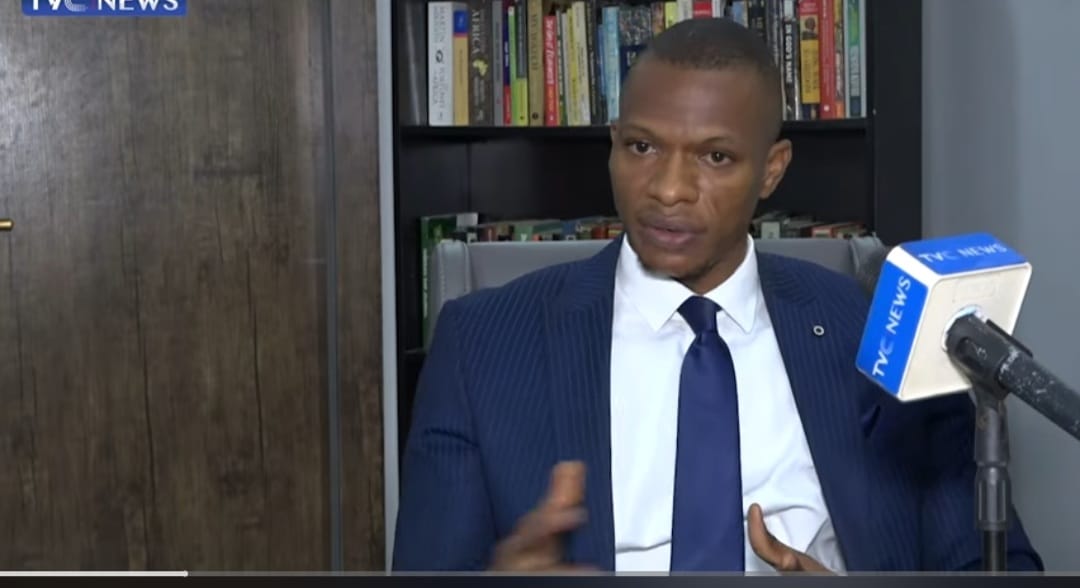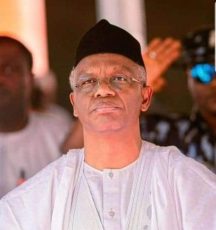By Raymond Nkannebe
There is a sense in which the Nigerian situation now gives full expression to the Marxian Theory of Law even if unbeknownst to many of the stakeholders and the masses themselves. In Karl Marx’s seminal work- The Communist Manifesto and in the essay “On the Jewish Question” co-authored by his ideological brother – Fredrich Engels, Marx argued with force that the concept of law, state and human rights are influenced by the Bourgeoisie at the expense of the Proletariat.
In what is now popularly known in Marxist literature as the three basic assumptions of Marxist theory of law, the classical authors concluded that (i) law is the product of economic forces; (ii) law is considered to be the tool of the ruling class to maintain its power over the masses; and (iii) that law will wither away in the future communist society.
In a rather scary dimension, I think the above sums up the dynamic that exists in the Nigerian State as we know it today.
I have often argued in the past that our current justice architecture provides premium service to the political class while the masses are forced to make do with what remains.
At the turn of every election year, the Nigerian judiciary literally closes its doors to the masses in order to service the vaulting ambitions of Nigeria’s very unruly and ill-disciplined political class who file all manner of frivolous cases just to scheme their way into power. This unfortunate trend usually begins with thousands of pre-election cases and ends with hundreds of post-election cases which by constitutional injunction must be concluded within a limited window across the hierarchy of the judiciary.
While this happens, all other cases that border on the direct interest of the masses and the economic condition of the Nation, takes the back seat until these election cases are determined to finality. This has been the state of play at least in the last decade of this extant Fourth Republic.
As I write; from next week, the few available courts not participating in the bazaar that is election matters, would be proceeding on the six (6) weeks long annual vacation. When they return sometime in September, for the few diligent judges, but most realistically October, for the larger members of the Bench, few, if any of the pending cases in their dockets would make any traction before the year comes to an end. The following year, the cycle is repeated.
I believe I speak for many when I say that that we cannot continue to operate in this manner if indeed we want to continue as a civilized society. When the masses of our country perceive the judiciary to be a clearing-house for the vaulting interests of the political class, the public confidence in our system of adjudication is greatly eroded to our chagrin. What is the way forward?
Recently, the distinguished legal icon – Aare Afe Babalola made a case for retired judges and justices to be saddled with the mandate of handling election matters whilst the serving members of the Judiciary focus on other cases which bear substantially on the welfare of the common man. This prognosis has also been re-echoed by a former Chairman of the NBA Section of Public Interest and Development Law (SPIDEL) – Mr. Monday Onyekachi Ubani at a recent media engagement. I want to respectfully associate myself with the above apt proposal of the legal luminaries. It is indeed the way to go.
I reckon that this would not be possible without legislative support. And this is where the work of the Nigerian Bar Association (NBA) and of course other stakeholders in the judicial sector – particularly the Senate Committee on Judiciary is clearly cut out. They must work together to turn this proposal into a legislative instrument for immediate presentation on the floor of the National Assembly so that hopefully before the next round of elections, the current system will not repeat itself.
I think the point must be made that ‘justice’ is a veritable social-need of man. A learned author described it as the ‘first condition of our humanity’. I cannot agree less. What this means in the context of this intervention is that it must not be treated lightly. When the foundation of the justice system crumbles and finds it unable to service the masses, the gates of anarchy are left wide open and we may just find ourselves in that imaginary society of Mark and Engels where the law withers away.
It is said that the best time to plant a tree was 20 years ago. The second-best time is now.
A Legal Practitioner, Raymond is of Ken Ahia SAN & Associates.






